https://hanskirschner.github.io
Link here:
www.biorxiv.org/content/10.1...

Link here:
www.biorxiv.org/content/10.1...
I am looking for PhD/Postdoc candidates to join (more below 👇 ). Please RT as the deadline is pretty soon 🙏

I am looking for PhD/Postdoc candidates to join (more below 👇 ). Please RT as the deadline is pretty soon 🙏
The talk is about our lab's work on what makes decisions costly, and how to make them less so.
I discuss lessons for all kinds of decisions, including getting people to vote.
www.youtube.com/watch?v=zeHg...

The talk is about our lab's work on what makes decisions costly, and how to make them less so.
I discuss lessons for all kinds of decisions, including getting people to vote.
www.youtube.com/watch?v=zeHg...
Using novel behavioral tasks, fMRI, RL & RNN modeling, and transcranial ultrasound stimulation (TUS), we demonstrate the causal role of hippocampus in relational structure learning.
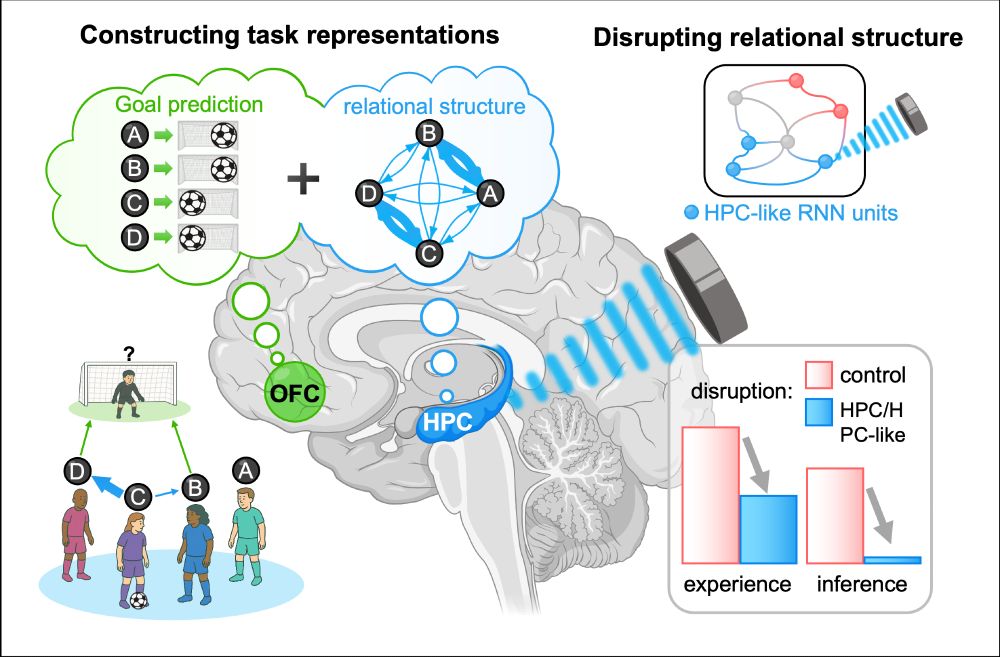
Using novel behavioral tasks, fMRI, RL & RNN modeling, and transcranial ultrasound stimulation (TUS), we demonstrate the causal role of hippocampus in relational structure learning.

elifesciences.org/articles/101...
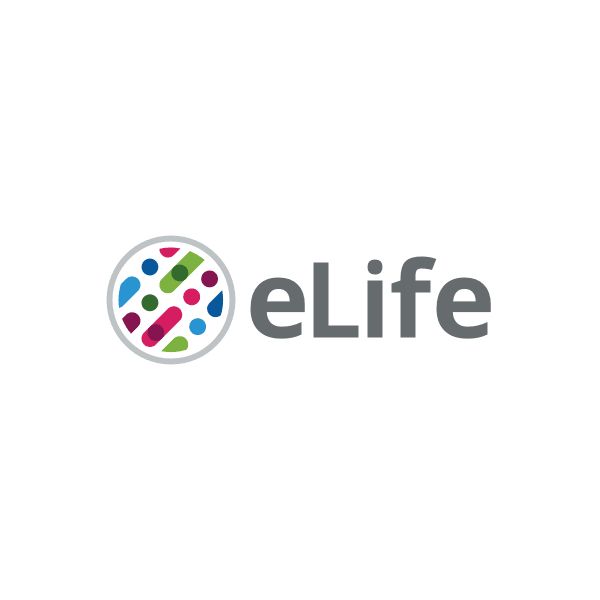
elifesciences.org/articles/101...
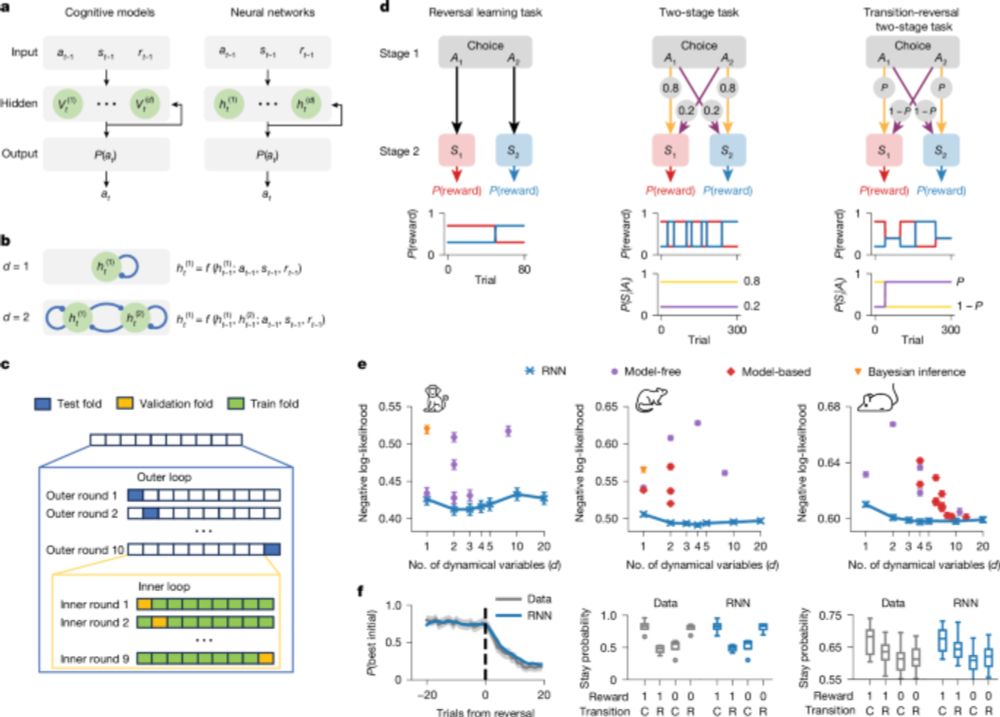
www.nature.com/articles/s44...
This primer is for beginners to get started, advanced programmers to improve, and PIs.
#psychology #psychsci #cogsci #neuroskyence
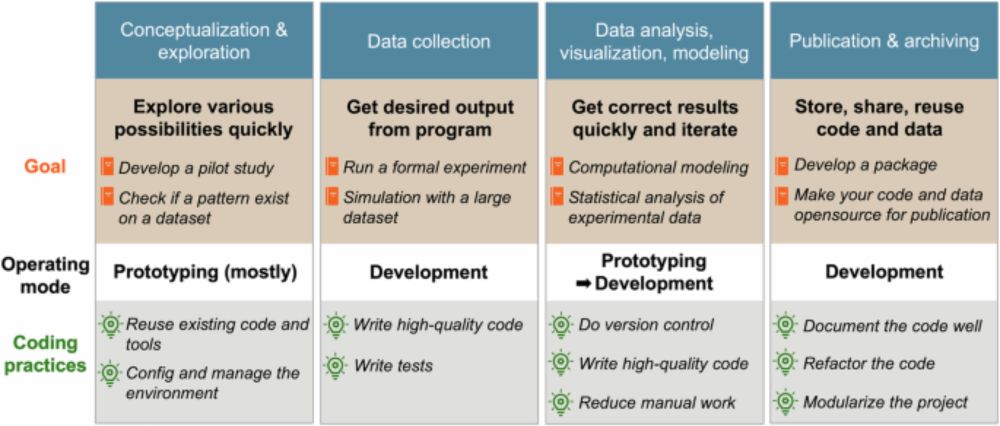
www.nature.com/articles/s44...
This primer is for beginners to get started, advanced programmers to improve, and PIs.
#psychology #psychsci #cogsci #neuroskyence
Turns out: yes!
Thrilled to share our latest preprint where we used FunSearch to automatically discover symbolic cognitive models of behavior.
1/12
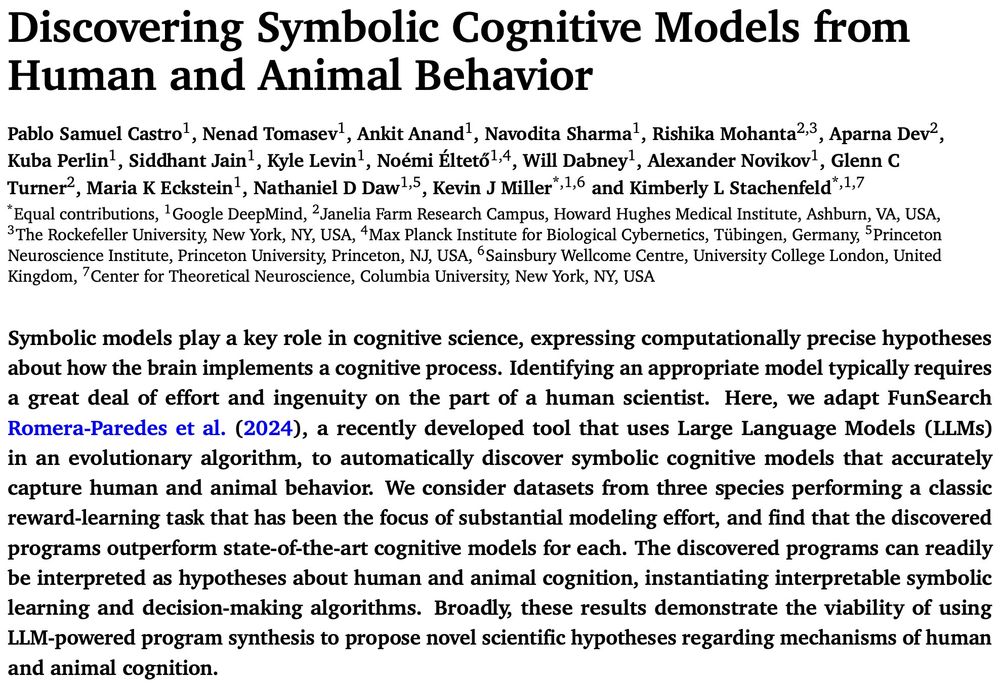
We addressed this question by quantifying single-trial fMRI stimulus processing evidence: www.nature.com/articles/s44...
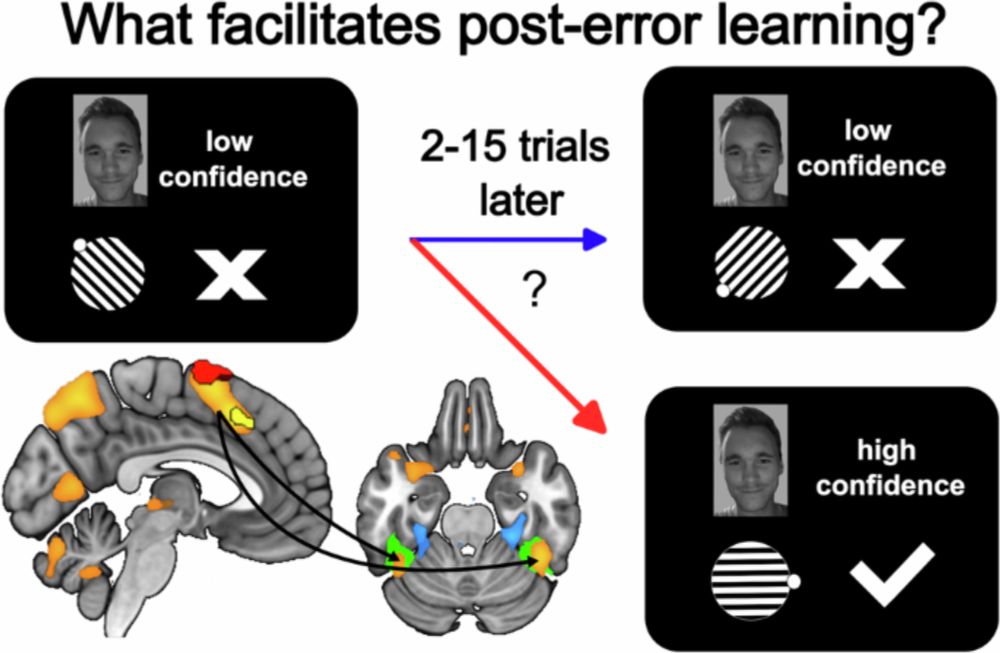
@alexweuthen.bsky.social @hanskirschner.bsky.social
www.nature.com/articles/s44...
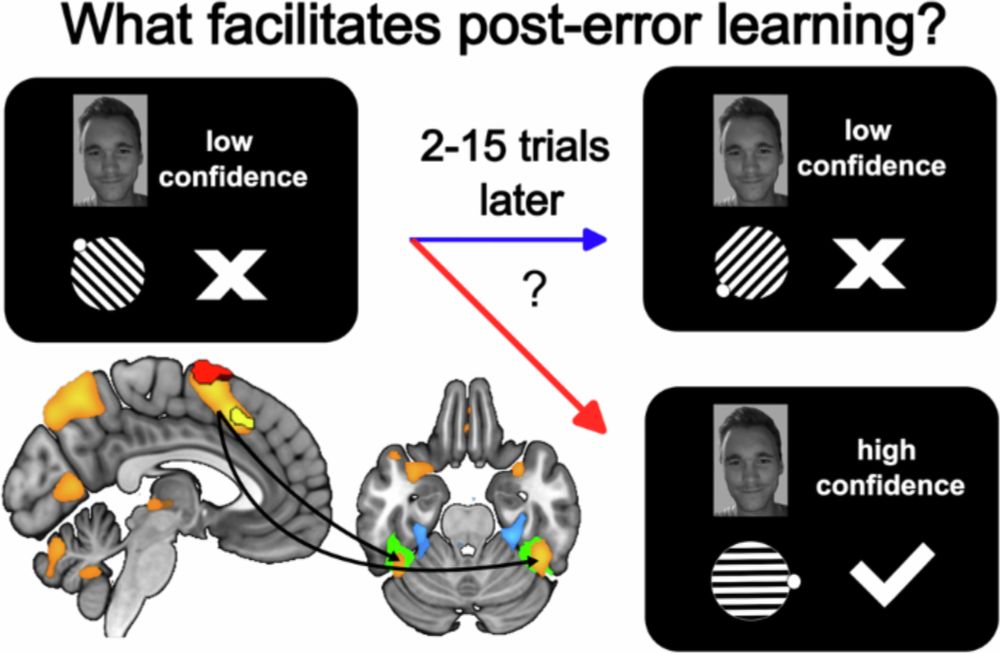
@alexweuthen.bsky.social @hanskirschner.bsky.social
www.nature.com/articles/s44...
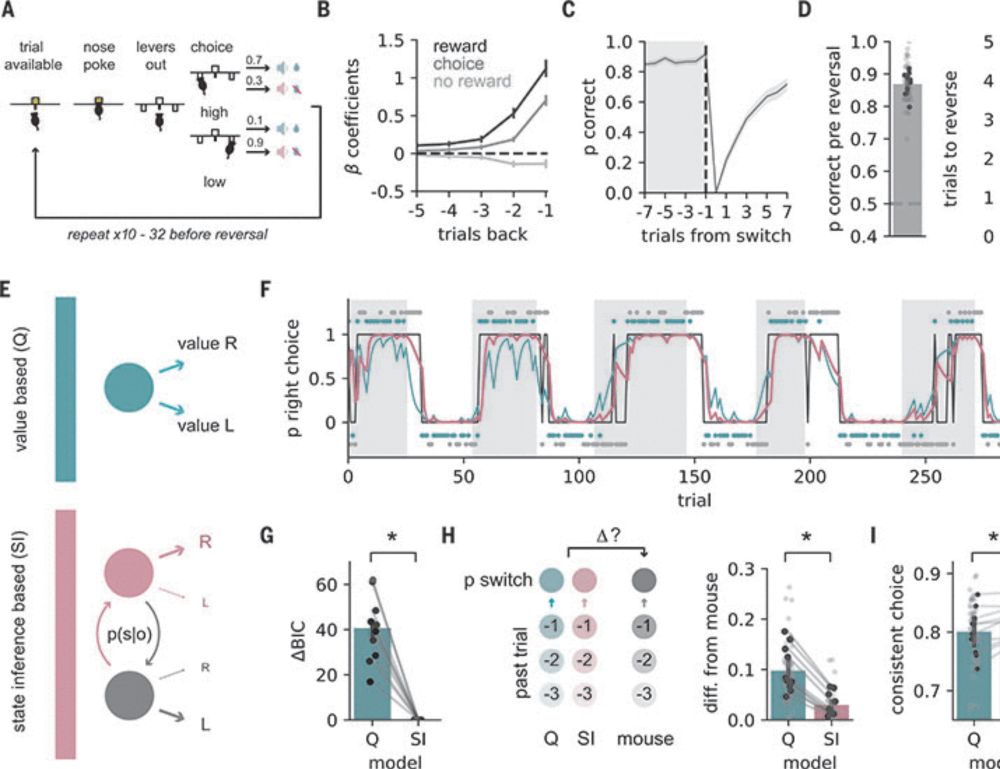
We’re thrilled to announce the invited speakers for RLDM 2025:
✨ Iain Couzin
✨ Andreas Krause
✨ Alison Adcock
... and many more (see pictures)!
📅 Don’t miss their insights on Reinforcement Learning and Decision Making
🎟️ Register now: rldm.org/call-for-abs...


We’re thrilled to announce the invited speakers for RLDM 2025:
✨ Iain Couzin
✨ Andreas Krause
✨ Alison Adcock
... and many more (see pictures)!
📅 Don’t miss their insights on Reinforcement Learning and Decision Making
🎟️ Register now: rldm.org/call-for-abs...
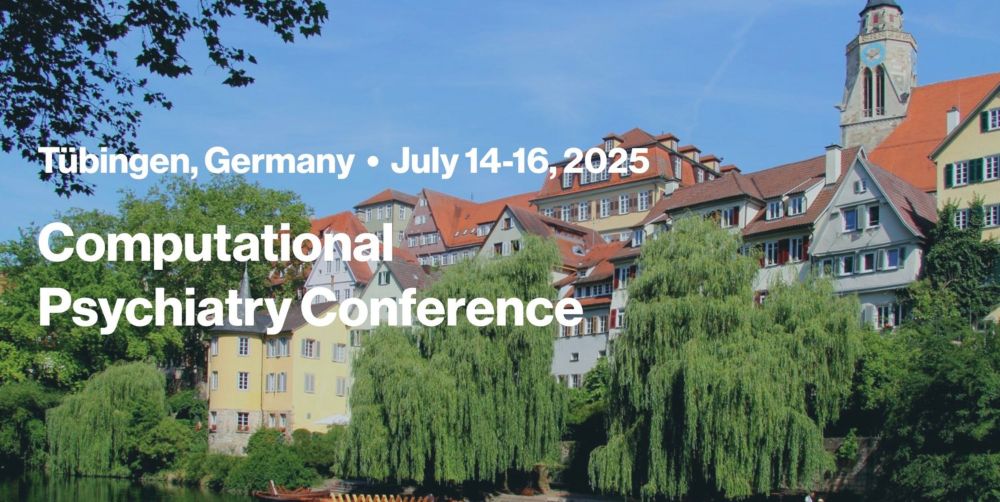
www.nature.com/articles/s41...
#neuroscience
www.nature.com/articles/s41...
#neuroscience

